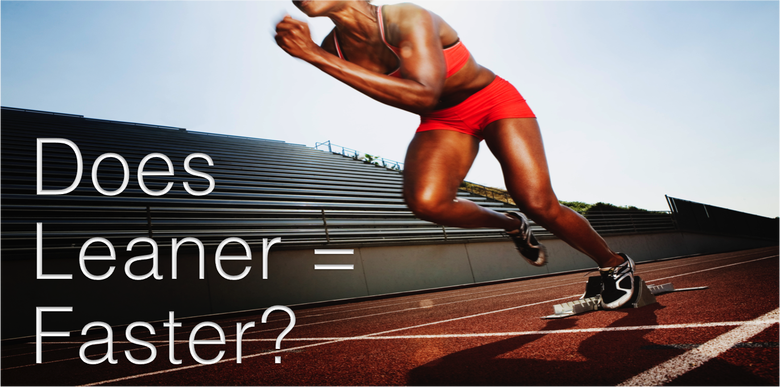
- Carrying extra pounds means your body has to work harder to go the same distance.
- Lighter = leaner = faster. But how light do you need to be?
- Matt Fitzgerald is one of the best resources when it comes to the science of determining your optimal race weight.
I was talking to a friend earlier today about weight loss. We’re both experimenting with ketosis for a number of reasons, one of them being the hope that the ketogenic diet will make us leaner. Sure, dropping belly fat is a great way to avoid a whole basketful of chronic health issues. But just as important, getting leaner is also a surefire way to GET FAST.
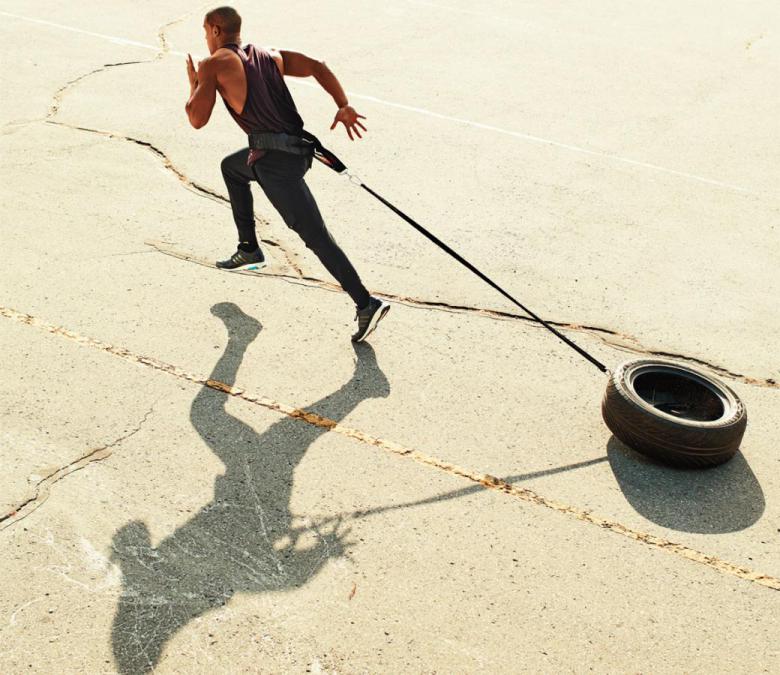
The physics are pretty clear. Carrying extra pounds means your body has to work harder to go the same distance. Running a mile with one added pound on your body requires an additional 0.75 calories. While that doesn’t seem like much, when it’s ten pounds, slogged over a 100-mile race, now we’re talking about expending an extra 750 calories worth of energy. For a 160-pound person, that’s the equivalent of running another 6.5 miles! No thank you.
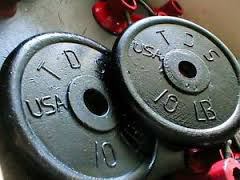 How would it feel to have a 10lb plate in your race vest?
How would it feel to have a 10lb plate in your race vest?
So, lighter = faster. But exactly how light do you need to be?
Matt Fitzgerald is one of the best resources when it comes to the science of figuring out your optimal race weight. If you’re interested in ultra-running and endurance sports and have done even a little bit of research, you’ve probably heard of Matt. He’s written a ton of valuable books – covering everything from training optimization to fueling – and “Racing Weight” is one of his best.
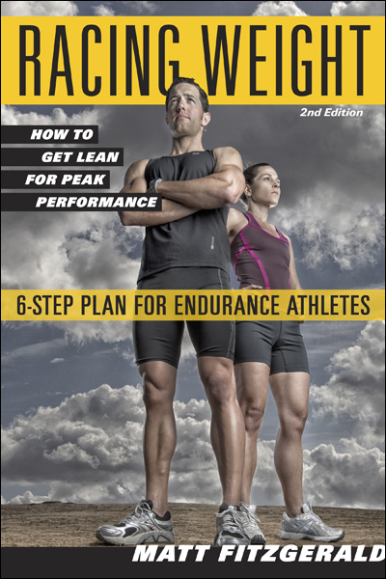
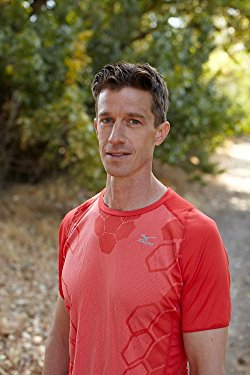
In Racing Weight, Matt’s goal is to help you identify your optimal weight level that will provide you the best performance. Too heavy and your body is working too hard. Too thin and you’re probably not operating at peak output. The sweet spot is that goldilocks weight – perfectly designed for you and for your event.
I highly recommend reading Matt’s book. However, if you’re one of those “Cliff’s Notes” people, feel free to go directly to his website and use his online calculator to figure out what your optimal weight should be. Go ahead. No one will judge.
Now, here’s the best part. Yes, lighter is faster. But really what we mean is that leaner is faster.
Since you’re an endurance athlete relying on your muscles to power you through a race, you probably don’t want to lose a whole lot of muscle mass (unless you’re this guy). And you can’t really lose any bones (at least you probably shouldn’t lose any bones).
That leaves one body component left to drop the weight: fat. You’ll notice that the results on Matt’s calculator are both a weight target and a body fat target.
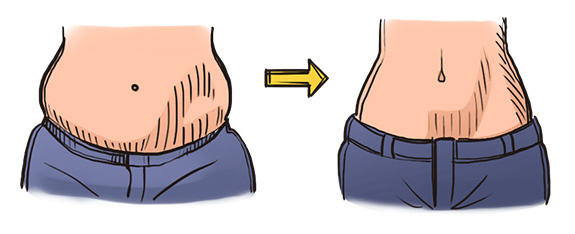
Which brings me back to ketogenic diets. If you’re looking to lose fat to get to your optimal racing weight, no diet is more effective at dropping fat than keto. The underlying physiology of ketosis is about the storage and utilization of body fat – perfect for those of us fat runners trying to get lighter. And for those light runners trying to get even leaner. And faster.
Personal Note: I’m 164/10% body fat right now. Matt’s calculator says that my optimal race weight is 162/8.6% body fat. However, the quality of that output is relying on the quality of my inputs – and I’m getting those inputs from my 10-year old Tanita scale. If I dial up my body fat % to 15%, it pushes my goal weight down to 156/10.6%. Knowing that I can easily “pinch an inch”, that target feels a little more realistic to me. We’ll see if it makes me any faster





